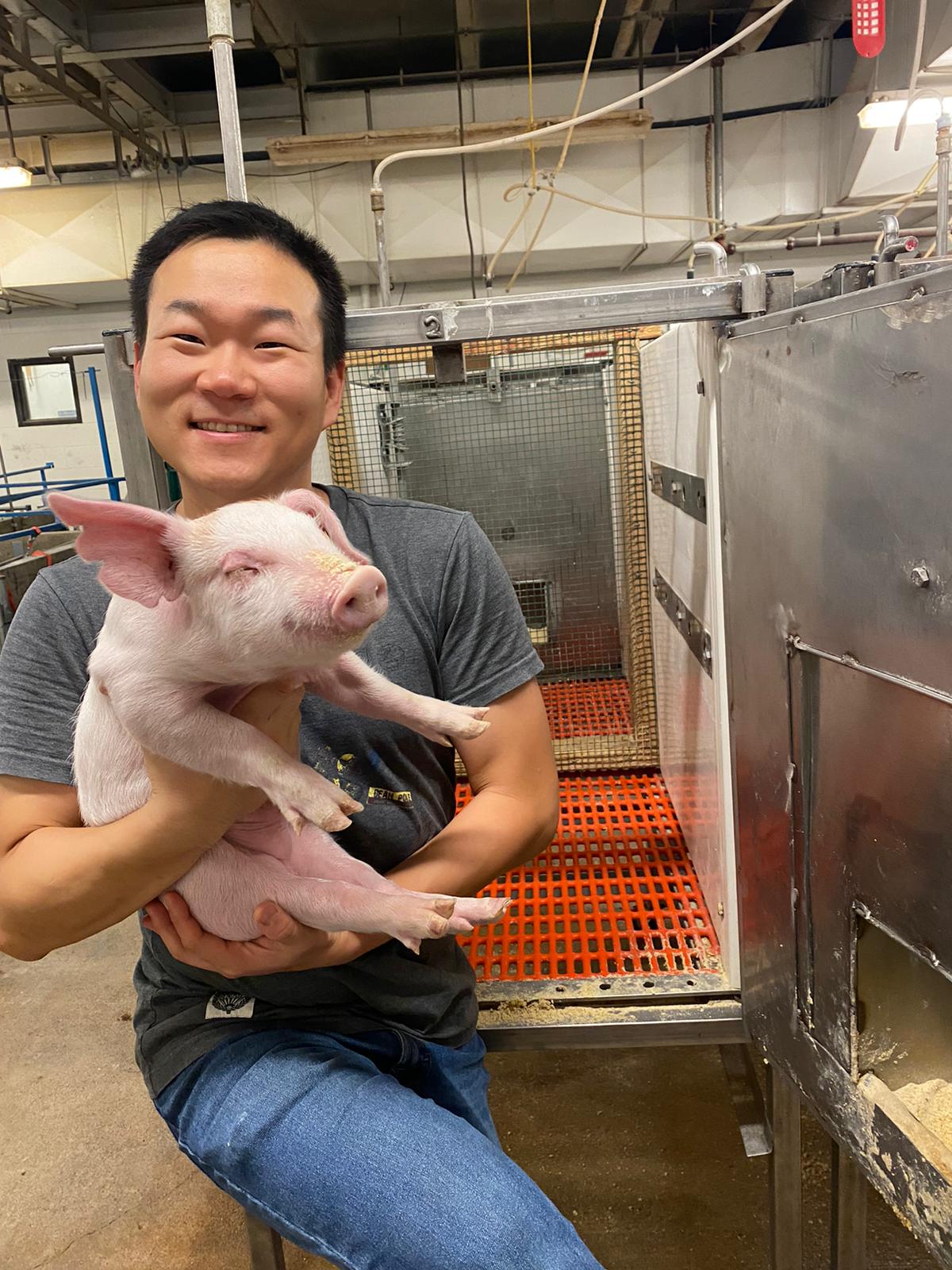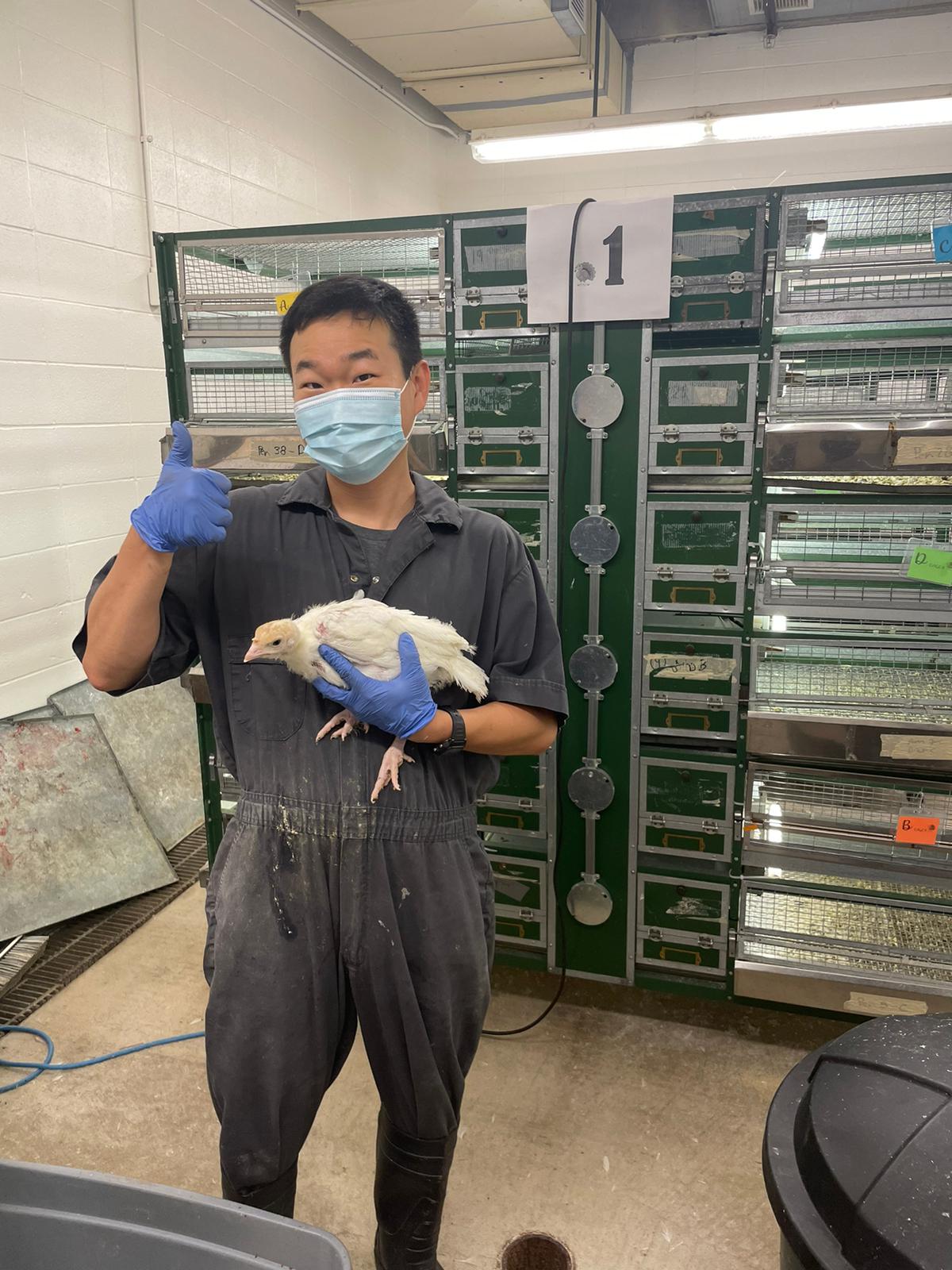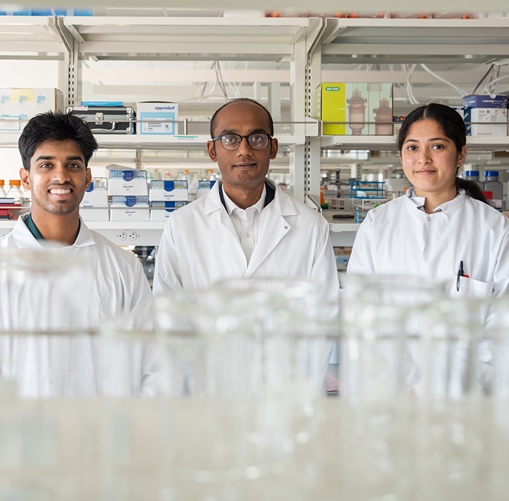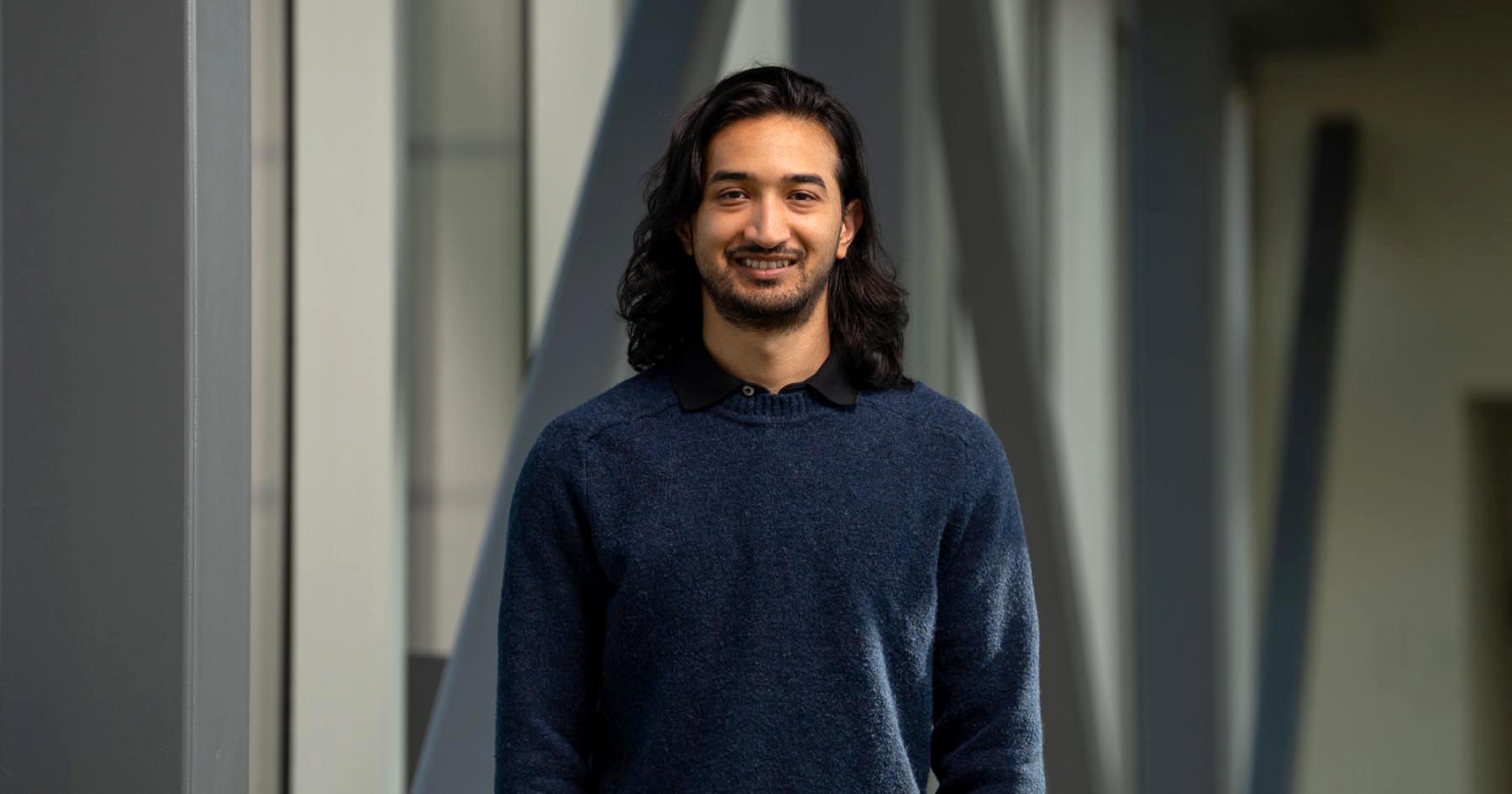Purdue Animal Sciences welcomes Assistant Professor Jinsu Hong
The Purdue University Department of Animal Sciences has appointed Jinsu Hong, Ph.D., as an assistant professor of non-ruminant nutrition and nutrient management.
Hong earned his bachelor’s, master’s and doctoral degrees in animal science and agricultural biotechnology from Seoul National University in South Korea. His interest in swine nutrition and management began as an undergraduate after completing two years of military service.
“After I came back to school, I took a swine nutrition and management class and had an opportunity to work at a swine farm during the summer,” Hong said. “That was the first time I saw pigs up close, and it fascinated me. That experience made me want to keep studying nutrition and management.”
Hong’s graduate research focused on amino acid and energy nutrition in sows and their progeny.
Following his Ph.D., Hong completed postdoctoral training at South Dakota State University, where he studied how agricultural byproducts such as canola meal and soybean meal could be used in swine and poultry diets.
“I studied how to improve the nutritional value of these byproducts and how fiber from them could improve gut health in piglets,” Hong said. “I also started building a poultry nutrition program with broilers and turkeys, and I was fortunate to secure research funding for those studies.”
After three years in the postdoctoral position, Hong was promoted to a research associate at SDSU.
 Jinsu Hong, Ph.D., conducting a nursery pig study at South Dakota State University.
Jinsu Hong, Ph.D., conducting a nursery pig study at South Dakota State University.  Jinsu Hong, Ph.D., at South Dakota State University conducting a digestibility study with broiler chickens.
Jinsu Hong, Ph.D., at South Dakota State University conducting a digestibility study with broiler chickens. In 2024, Hong began a postdoctoral appointment at the University of Minnesota, where his work emphasized livestock sustainability.
“We focused on upcycling agricultural byproducts and developing sustainable feed ingredients to promote livestock production sustainability,” Hong said. “I wanted to see how swine production systems affect environmental impact and human health, and how certain feed additives or byproducts could influence not only animal health but also public health, such as antimicrobial resistance.”
At Purdue, Hong’s program will integrate monogastric animal nutrition and nutrient management across the feed–animal–manure–soil continuum. His research will emphasize environmental stewardship and public health within the One Health framework, focusing on swine and poultry nutrition and production, alongside mentoring undergraduate and graduate students.
“I see students and faculty as being on the same team,” Hong said. “Everyone has a beginner period, so I try to provide hands-on training and open communication. I want my students to feel confident and know they can always ask questions. If I don’t know the answer, I’ll find the right person who does. We are all on a learning curve together.”
Hong said Purdue stood out to him because of its research infrastructure and collaborative environment.
“I can collaborate with plant sciences or bioengineering, and we have outstanding swine and poultry faculty and facilities,” Hong said. “Most importantly, when I interviewed, faculty, staff and students were all welcoming and kind. That really fascinated me.”
He added that he is eager to build partnerships across departments and share his expertise in nutrition and sustainability with colleagues, students and industry partners.
“My advice for students is simple: just try,” Hong said. “I never imagined I would go into swine nutrition until I had that first internship. Mistakes are part of learning, and that’s why you have supervisors and faculty here to support you. Every experience matters, and you never know where it will lead."
Outside of work, Hong enjoys running, hiking and playing tennis and golf. He also loves traveling to new cities and visiting national and state parks.






